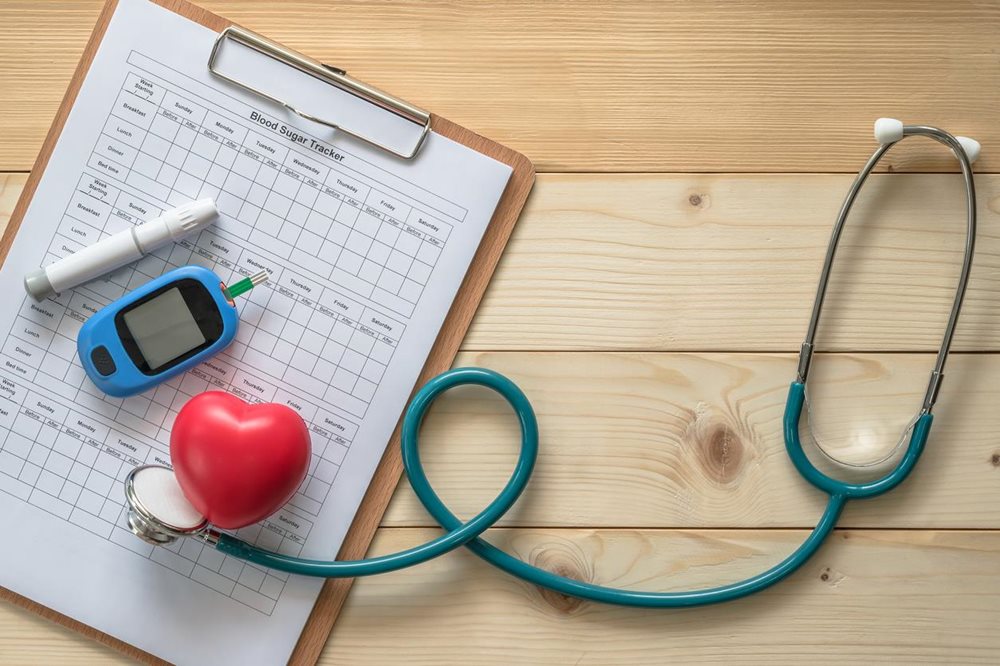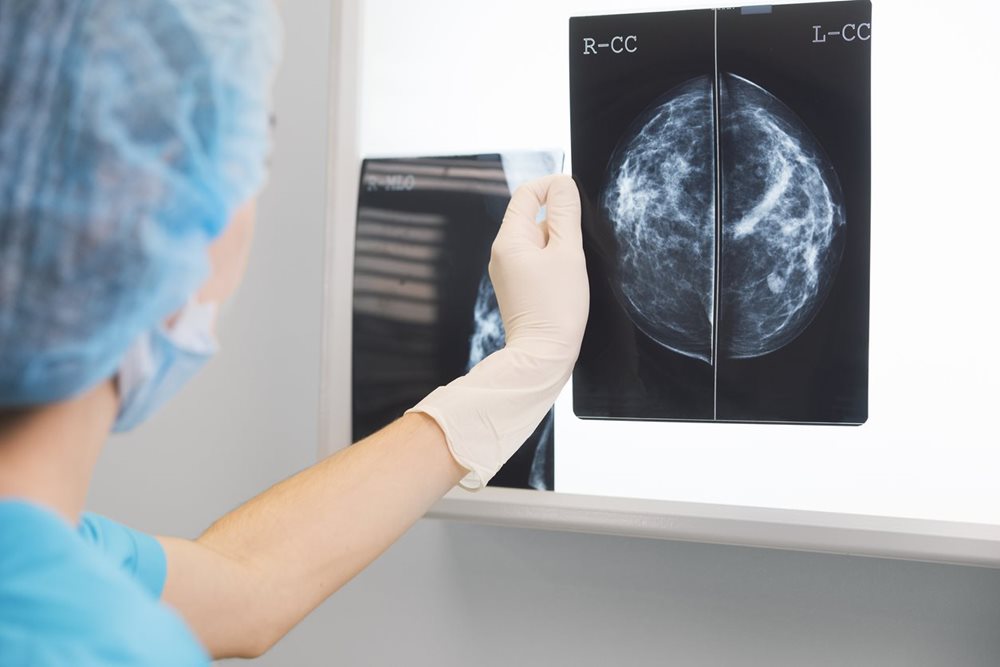When to Consider Health Screening (And When Not To)
It sounds like a great idea given that many of us are proactive about our health these days. But what exactly is health screening and how reliable is it? What’s more, should we all be having regular health screenings, or should we only do it if we’re looking for a particular disease?
What is Health Screening?

Health screening means running a test on an individual who has no symptoms of a disease, to see if they actually have it. “The principal benefit is that a disease may be picked up earlier, improving the chances of being able to treat or cure the disease,” explains Dr Neil Reddy, the Director of Precision Healthcare.
How Reliable are Health Screenings?
He points out that the reliability of health screening depends on two factors - the pre-test risk of the individual being screened, and the accuracy of the test.
“A person's pre-test risk is determined by their age, gender, family history, occupation, lifestyle, medical history and many other factors,” says Dr Reddy.
How Accurate are Health Screenings?

So, just how accurate are health screening tests? “The accuracy of a health screening test is complicated and depends on some complex statistical concepts,” says Dr Reddy.
“These are the positive predictive value - how likely you are to have a disease if you get a positive result, and the negative predictive value - how confident you are that you don't have the disease if you get a negative result.
“The best tests,” Dr Reddy advises, “are those that achieve a low rate of both false positives and false negatives.”
Who should be Screened?
Health screening is worthwhile if knowing the result will be of benefit to your health. “If the result is not going to be accurate enough for you to make changes to your lifestyle or to allow medical intervention, then you should probably not do it,” says Dr Reddy.
He gives the example of an ECG test, which is primarily used for detecting a heart attack. When used for screening, a normal ECG does not tell how likely the person is to develop a heart attack in future.
There are however, many screening tests that are relatively cheap, painless and more-or-less accurate for the general population for example blood pressure, diabetes, cholesterol. “There are relatively few downsides to having these tests done as part of a health check-up,” explains Dr Reddy.
“To make a decision about whether or not to be screened you need to know your pre-test risk and how accurate the test is likely to be,” he says. “Look online at health resources like patient.info or ask your GP about determining your risk and choosing the right test.”
Family History and Age

Having a family history of a disease may increase your risk of developing it, but that doesn't necessarily mean you should be screened for it. Dr Reddy suggests sitting down with your parents and drawing up a family history of disease on both sides of the family.
“It’s important to also consider your age,” he adds. “The risk of most diseases goes up with age, so screening becomes more relevant and beneficial the older you get.”
Consider what Disease you are Screening for
Some health screenings have been shown to be beneficial for certain groups of people at risk and are therefore offered free by the health service. These include screenings for breast cancer, cervical cancer and colon cancer.
But some screening tests, for example prostate cancer, have significant downsides, which need to be carefully considered. This is because in some cases the risk of treatment outweighs the benefits. “Prostate cancer screening is now only done after a thorough discussion of risk and benefit with the individual man.” Dr Reddy notes.
Health Screenings Constantly Evolving
Dr Reddy points out that the science of medicine is constantly evolving and is not immune to pressure from commercial interests, such as pharmaceutical companies.
Patients should therefore be aware that screening tests too are continuously evolving and there can be inconsistency in guidelines and practice between national and international groups.
“The best approach is to be a well-informed individual who gets more than one medical opinion, either in-person or online,” he says.
About Dr. Neil Reddy
MB BCh BAO (Hons), B.Med.Sci, LFOM, MSc (Health Informatics), MSc (Clinical Education)
Dr. Neil Reddy of Precision Healthcare is a Licentiate of the Faculty of Occupational Medicine of the Royal College of Physicians of Ireland. He has extensive experience in the design and delivery of health screening and wellness programmes for small and large clients, including several multinational companies.